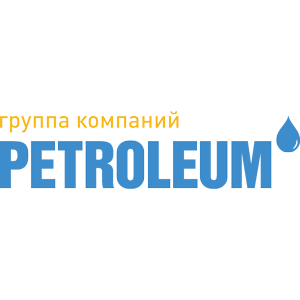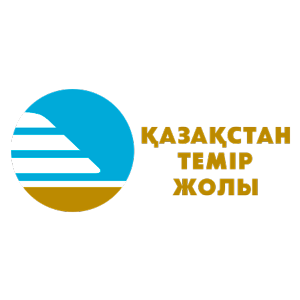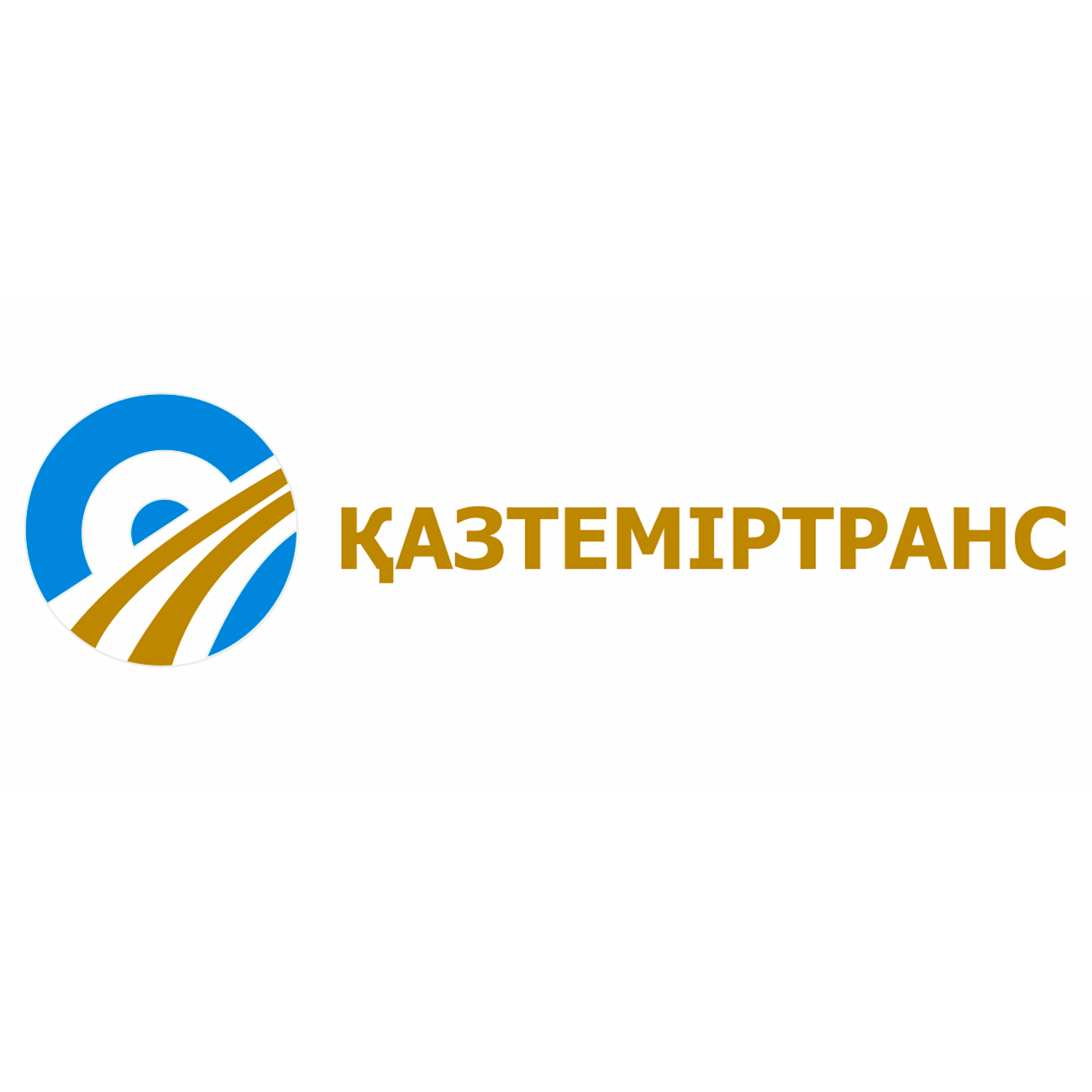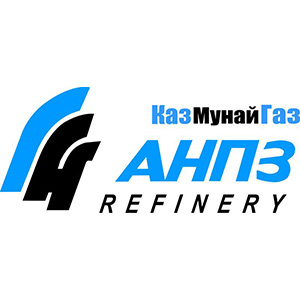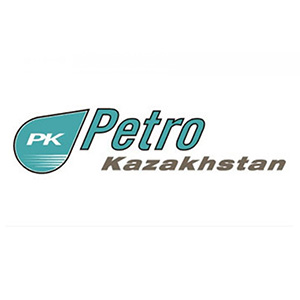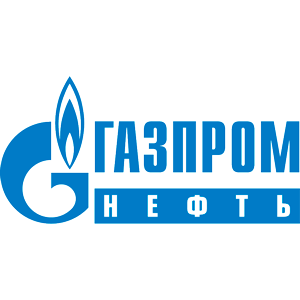Maria Balandina, Commercial Director of PTC Cargo, told how the geopolitical situation has affected the logistics industry and what private business does for competitiveness
Maria, what was the year 2023 like for the industry? What were the challenges, what problems? How has your company developed under these conditions?

– 2023 was a fast-paced and dynamic year for our industry, especially considering that our company is young and rapidly developing. Significant changes have taken place in the global logistics services market and in the transport industry of Kazakhstan. We are faced with an increase in traffic volumes and a periodic shortage of rolling stock, as well as changes in the geography of transportation. If earlier routes through the ports of Vladivostok and Vostochny, Novorossiysk, and St. Petersburg were very popular with exporters of Kazakhstan and Uzbekistan, then this year a significant part of our customers switched to the Trans-Chinese route through the Dostyk and Altynkol border crossings.
22.7 million tons of cargo were transported through Kazakhstan, which is 25% higher than last year and is 85% of the annual plan in the amount of 27.7 million tons. In addition, the Trans-Caspian Transport Route (TMTM) is gaining popularity, which has become interesting due to restrictions caused by geopolitical events. We are building our own terminal in the port of Poti, thanks to which we will strengthen our position on this route. In addition to TMTM, customers are interested in the service through the North-South transport corridor, which also attracted the attention of shippers in 2023. Such interest in these routes has become a kind of challenge.
Why?
– The reason is that even being ready for sharply increased volumes of cargo traffic in terms of infrastructure, these routes are not yet ready to compete in price and transit time. Together with our partners, we continue to work to create a stable service for customers on new routes at an affordable price. I am sure that thanks to the support from NC KTZ JSC, this route will become even more attractive due to the optimization of the tariff policy.
Which routes are the most popular today? What questions and requests do customers most often ask you?
– In 2023, the route from China to Europe through Russia remained popular, where work has already been established. TOO “PTC Cargo” also operates on other transit routes China — Russia — China or China – Central Asia – China. Currently, Kazakhstan railways are actively working on the route China – Kazakhstan – Uzbekistan – Turkmenistan – Iran – Turkey – Europe. Once again, I will note the above-mentioned TMTM route. Exporters from Southeast Asia and Europe are not afraid to try alternative shipping options that we provide. For example, some customers from Turkey consider this route as an alternative to the route through the port of Novorossiysk (Russia). I would like to note the increased demand for the organization of transportation in exports from Russia to China through the territory of Kazakhstan, especially in situations where there are difficulties with shipping through the Far East, Zabaikalsk or Zamyn Uud. Thus, Kazakhstan is becoming a key player and a transport hub connecting Europe and Asia.
Wasn’t it like that before?
– Kazakhstan has always had transit potential, but it has really opened it recently. We actively offer the service through the Dostyk and Altynkol border crossings, working on its development in close cooperation with Russian and Kazakh partners. Exports from Kazakhstan are also important.
We note the growing interest of large exporters in shipping their goods in containers both through the Trans-Chinese route (Dostyk, Altynkol) and through TMTM. In 2023, the volume of container traffic increased by 15% compared to 2022.
In working with China, which clients do you have more – Chinese companies or Kazakhstani ones that need cargo delivery services to China?
– We have a significant proportion of clients from both Central Asia and China, I cannot single out any group separately. However, it is possible to highlight its own features. Chinese companies prefer to arrange delivery within China on their own, but at the same time use our services for transportation through Kazakhstan and Russia. At the same time, Central Asian exporters prefer our comprehensive service, in which we control the entire transportation process, starting from the departure station in Kazakhstan/Uzbekistan and ending with the destination station in China.
Have there been any interesting or unusual freight contracts this year?
– We are very pleased that despite the above-mentioned specifics of working with clients from China, in 2023 we began to provide a full range of services to Chinese companies. Cooperation with a leading Chinese automaker for transportation from China to Kazakhstan through our Dostyk TransTerminal terminal stands out in particular. In addition, we have successfully implemented a large export project for transportation from Kazakhstan to China using our own containers, fitting platforms and our terminal. We implemented these projects together with our Chinese office of PTC Freight Agency (Shanghai) Co., Ltd, which was opened only in mid-2023.
And what was exported?
– Ferroalloys, grain crops, etc.
How has the cargo flow with China changed over the past year? Your company operates a terminal at the Dostyk border crossing. Using his example, what changes can you name?
– Some routes have lost their relevance, while others have become of great interest. We can note that the volume of freight traffic from China to Europe via Kazakhstan has decreased, but the volume of traffic towards Russia and Central Asia has increased. Kazakhstan’s transit potential remains high regardless of route changes. Previously, Chinese shippers showed the main interest in transportation through Kazakhstan, but now we see an increase in requests from our Russian customers, who began to consider Kazakhstan as an alternative to the Trans-Siberian railway.
What is the reason for this?
– We are making active efforts to promote the route through Kazakhstan. Our task is to show that customers will receive excellent service on this route for an acceptable time and cost.
We have already talked about TMTM. This year, Kazakhstan, Azerbaijan and Georgia announced the creation of a logistics operator on this route. Will this help solve problems? And also what are the pros and cons of this direction today?
– I would focus not on infrastructure restrictions, but on tariff policy and transit deadlines. The largest Kazakh exporters would switch to container transportation much more actively if they understood that it would be economically feasible. Given the current volume of freight turnover by TMTM, I believe that the infrastructure will cope.
The current capacity is 6 million tons per year. By 2025, it is planned to reach the level of 10 million tons per year. In 9 months of 2023, about 2 million tons of cargo were transported by TMTM, which is 88% higher than in the same period of 2022.
For successful work, a critical aspect is the clear and coordinated work of all participants in the transport corridor. We need a unified structure that may appear in the face of the established company and will be able to solve issues related to operational work that will certainly arise on such a complex and complex route. TMTM is really multimodal transportation, where ports, terminals, sea lines and railways are involved.
The continued attractiveness of TMTM for China is due to its desire to develop its western provinces and provide them with access to regional markets. China is focusing on this route, provided it is economically efficient. The EU countries are now interested in developing the route, as they consider this transport corridor as one of the main ones for the delivery of goods from China, since it bypasses Russia.
Considering that TMTM is a multimodal transportation, is PTC Cargo ready to offer such services to its customers?
– We are ready to provide a full range of services along the entire route. The client will not have to search for service providers separately, for example, in the port of Aktau, on the territory of Azerbaijan or Georgia. We try to show our customers in practice that multimodal transportation makes it possible to create a flexible transportation scheme, reduce costs and at the same time maintain a high speed of delivery.
In your opinion, what are the key trends in global logistics in 2024?
– The question is interesting and difficult. Given the geopolitics that affect our work, it is difficult to predict more than 2-3 months now.
I think the greatest emphasis will be on new infrastructure projects. Operators will continue to increase the fleet of fitting platforms, as they still continue to face shortages in different periods. The trend towards versatility in multimodal transportation will also continue. We are increasingly seeing a trend where railway operators are becoming not only operators of fitting platforms or containers, but also freight forwarders who provide a full range of services, including acting as sea carriers.
New transport corridors are under close attention, among which TMTM will take the leading position, which, in my opinion, will definitely become a trend in 2024. Of course, the terminal in Poti, which will be launched in 2024, will become a serious competitive advantage for PTC Cargo and PTC Holding this year.
What are the company’s plans for 2024?
– As part of the business development strategy, PTC Cargo is in the process of creating an international network of subsidiaries (sales windows and infrastructure projects) in order to enter into direct contracts without intermediaries with the world’s largest cargo owners, manufacturers and logistics companies.
Over the past two years, subsidiaries have been registered in Tashkent (Uzbekistan), Shanghai (China), Poti (Georgia), Moscow (Russia) and Bishkek (Kyrgyzstan).
The most important area of the strategy is the implementation and modernization of infrastructure projects, including the construction of transport and logistics terminals on the main international land corridors between Europe and China. I would like to note that PTC Cargo is actively investing in logistics infrastructure, which provides us with a competitive advantage in the container transportation market.
The company will continue to work on increasing the fleet of wagons and containers, concluding export and import contracts, cooperating with major international players in the container market such as SOSCO and others, as well as developing multimodal transportation.
https://forbes.kz//economy/business/mariya_balandina_tmtm_odnoznachno_stanet_trendom_2024_goda/?
 010000
010000 Astana, 18 Turan Ave
Astana, 18 Turan Ave Astana, 18 Turan Ave
Astana, 18 Turan Ave Astana, 18 Turan Ave
Astana, 18 Turan Ave 123112
123112  100015
100015 ![]() China, Shanghai Pudong New Area No. 1168 Century Avenue Dongfang Financial Plaza
China, Shanghai Pudong New Area No. 1168 Century Avenue Dongfang Financial Plaza![]() Кыргызская Республика 720011, город Бишкек Первомайский район, ул. Раззакова, д.32
Кыргызская Республика 720011, город Бишкек Первомайский район, ул. Раззакова, д.32![]() Грузия, г.Поти ул. Хоби № 7
Грузия, г.Поти ул. Хоби № 7


